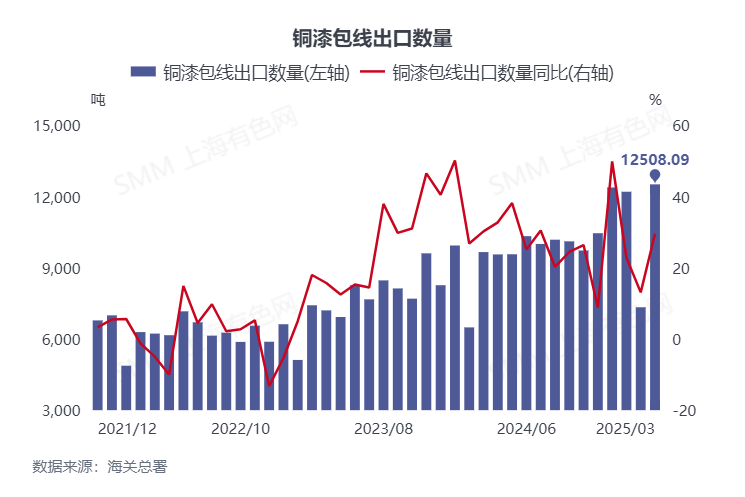In the modern digital transformation era, artificial intelligence (AI) has become a transformative force across industries, driven largely by advancements in data management . Effective data handling is critical to improving AI performance, enhancing decision-making, and ensuring privacy compliance. Researcher Ravali Kandur explores this evolution, highlighting innovations that are redefining AI's capabilities.
AI models are only as good as the data they process. Traditional methods of data collection relied heavily on manual efforts, but modern AI-driven frameworks have streamlined this process. The adoption of structured data collection techniques has improved data quality, while synthetic data generation has provided an alternative to real-world datasets, addressing issues of data scarcity and privacy.

Federated learning is another innovation reshaping data collection. By allowing AI models to be trained across multiple decentralized devices, federated learning significantly reduces data transfer requirements while maintaining performance. This approach has proven particularly beneficial in sectors that prioritize data security, such as healthcare and finance.
Above all, quality of data should also be ensured, which is important for the success of any application in the AI domain. Poor-quality data creates biased models and leads to inaccurate predictions. Such frameworks today play a significant role in AI-driven identification by revealing the inconsistencies in datasets.
Having said that, cloud-based validation systems have since significantly minimized errors related to data leading to more reliable and accurate models in AI. These bias detection tools have also improved: modern AI systems are capable of scanning huge amounts of datasets to discover and mitigate bias. Those systems analyze the patterns that can discriminate the result and refine their datasets accordingly.
The proactive nature is vital in building AI applications that are fair and just. Perhaps the most illustrious development in managing AI data is that pertaining to synthetic data-such artificial datasets that resemble real-life data but are kept under the privacy lock. Studies indicate that synthetic data can achieve nearly 90% of the training efficacy of the actual data.
Truly, this is a revolution for industries with very strong data protection regulations. Synthetic data has significantly reduced the need for extensive real-world testing in applications like autonomous vehicle development. AI models trained on synthetic datasets require fewer real-world miles to achieve safety validation, accelerating deployment timelines without compromising safety.
Data augmentation and annotation techniques have evolved to make AI training more efficient. Augmentation strategies now use generative models to enhance datasets, improving AI accuracy while reducing the volume of real-world data needed. This innovation is particularly valuable in deep learning applications, where high-quality labeled data is often scarce.
Annotation frameworks have also become more sophisticated. Distributed annotation systems leveraging AI and automation enable faster, high-quality labeling at scale. These frameworks integrate domain expertise with automated tools, ensuring that AI models receive precise and contextually relevant training data.
Scalable AI data management is crucial for handling large-scale deployments. Cloud-native AI frameworks now support distributed data processing, enabling organizations to process and validate datasets in real time. These advancements have led to a significant reduction in processing bottlenecks and improved AI model efficiency.
The integration of intelligent data curation systems further enhances scalability. AI-driven curation techniques improve dataset diversity while reducing human intervention, ensuring that AI models remain adaptable to evolving datasets. As a result, organizations with robust data management strategies experience faster AI deployment and higher success rates.
Privacy concerns remain at the forefront of AI adoption. Privacy-preserving methodologies, such as differential privacy and advanced anonymization techniques, have been integrated into AI workflows. These techniques allow AI models to learn from sensitive data without compromising user confidentiality.
Recent advancements in privacy-preserving AI have significantly reduced compliance-related incidents while maintaining high model accuracy. Organizations implementing these techniques report fewer regulatory challenges and higher trust in AI applications. The future of AI is intertwined with advancements in data management, ranging from scalable architectures, privacy enhancement, and intelligent data augmentation.
The quality of data and its ethical deployment will, therefore, characterize the next phase of innovation in AI. Organizations that adopt responsible practices in AI will be in a position to maximize AI's potential, while simultaneously ensuring transparency and build trust. As data-centric technologies evolve, a balanced approach will be essential to extracting AI's powers for sustainability and ethics.
To summarize, the imperative of working data management can't be overemphasized as AI systems grow increasingly sophisticated. The study by Ravali Kandur attests to the need for investing strategically in AI data processing to unlock opportunities and the meaningful change that follows. If organizations focus on structuring data efficiently and securing it while also making it accessible, they can optimize AI to go beyond mere applications toward transformative innovations in entire industries.
.
















